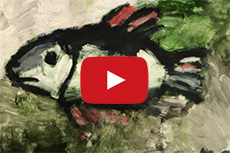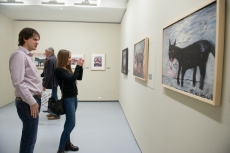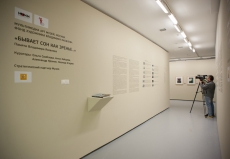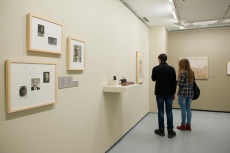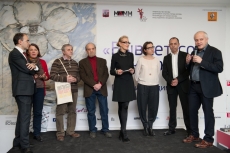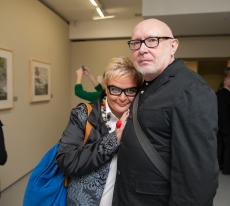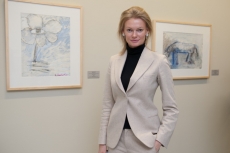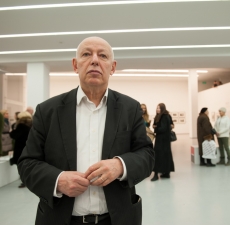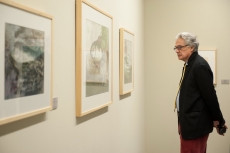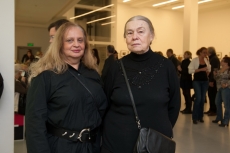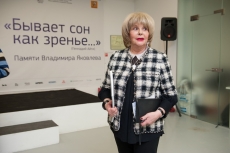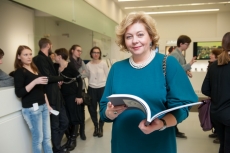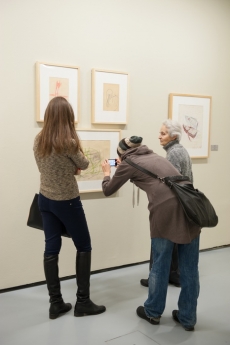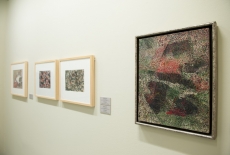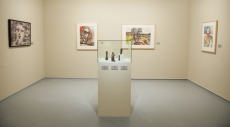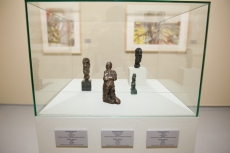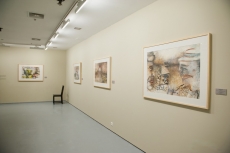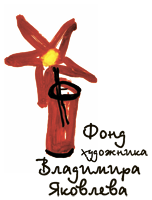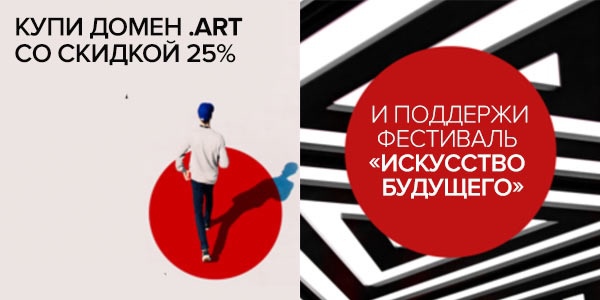«Sometimes a Dream is Like Sight...»
Dedicated to the memory of Vladimir Yakovlev
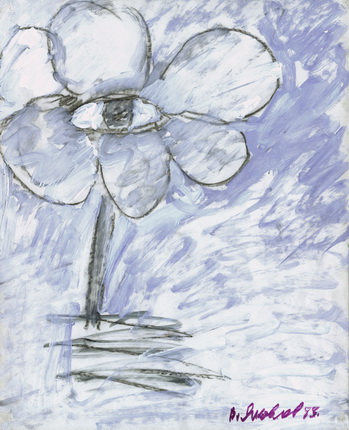
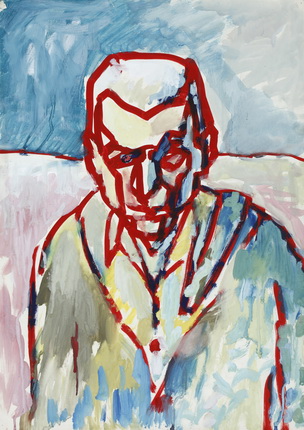
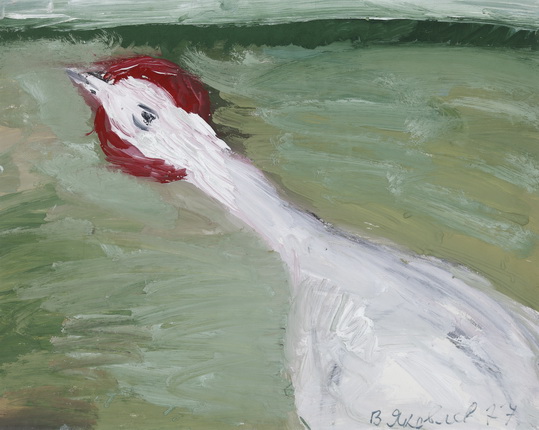
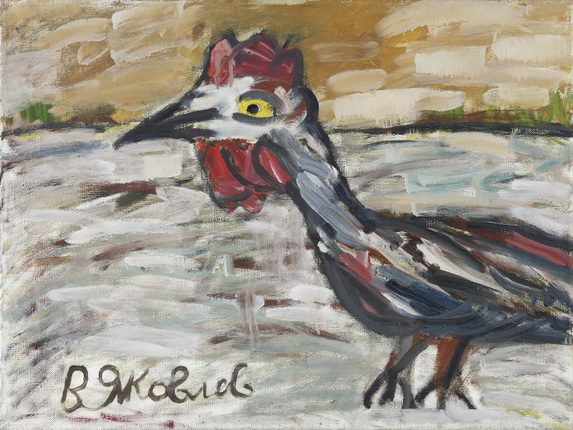
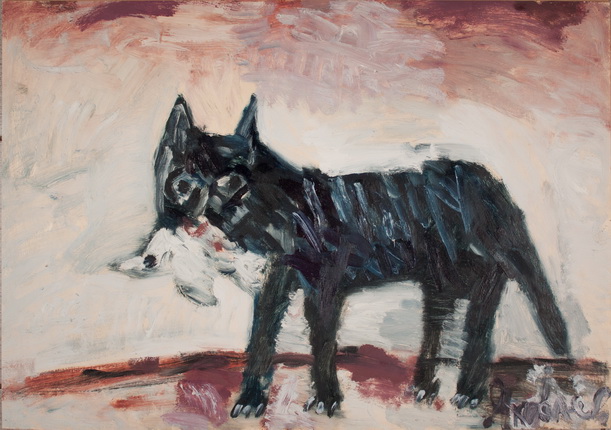
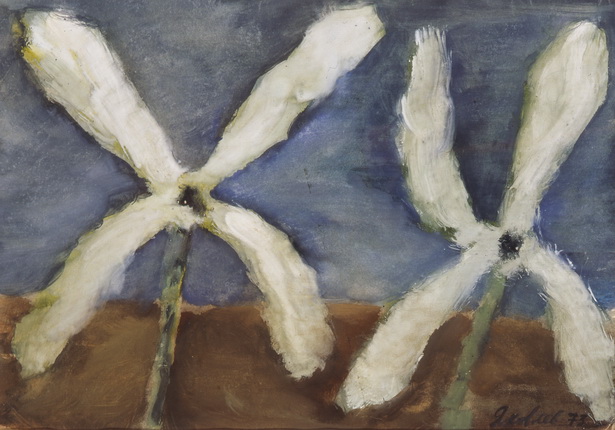
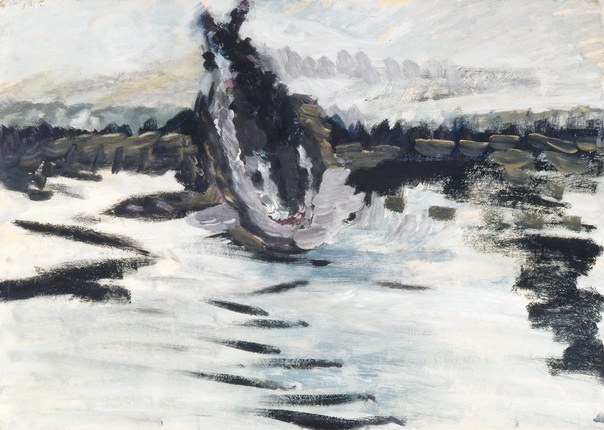
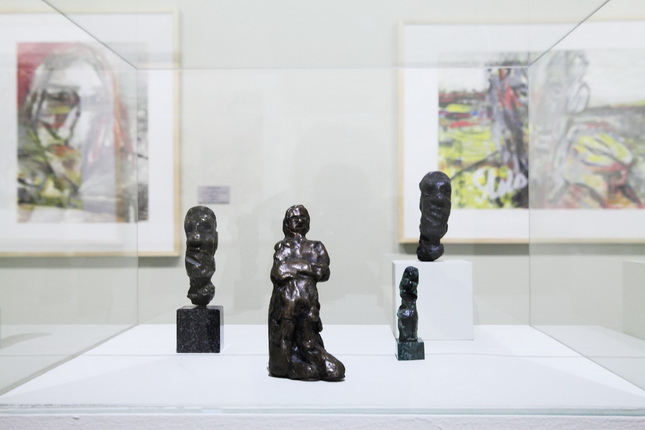
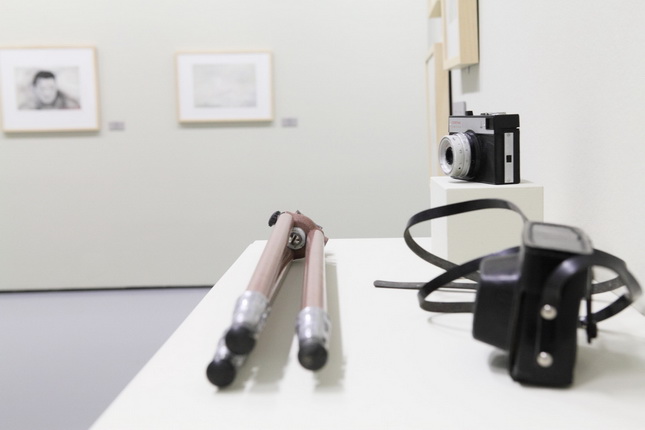
Vladimir Yakovlev. Eye-flower. 1983. Gouache on paper. Collection of the Vladimir Yakovlev Foundation
Vladimir Yakovlev. Self-portrait. 1992. Gouache on paper. Collection of the Vladimir Yakovlev Foundation
Vladimir Yakovlev. Hen. 1977. Gouache on paper. Collection of the Vladimir Yakovlev Foundation
Vladimir Yakovlev. Rooster. 1992. Tempera on canvas. Collection of the Vladimir Yakovlev Foundation
Vladimir Yakovlev. Cat with bird in its teeth. 1980s. Oil on canvas. Collection of the Vladimir Yakovlev Foundation
Vladimir Yakovlev. Two white flowers. 1973. Gouache on paper. Collection of the Vladimir Yakovlev Foundation
Vladimir Yakovlev. Flying fish. 1971. Gouache on paper. Collection of the Vladimir Yakovlev Foundation
Exhibition view
Exhibition view
Exhibition view
Exhibition view
Exhibition view
Moscow, 3.12.2014—25.01.2015
exhibition is over
Share with friends
© - Gennadiy Aigi
Curators: Olga Sviblova, Anna Zaitseva, Alexandr Kronik, Leonid Ogarev
For the press
MAMM presents «Sometimes a Dream is Like Sight...», a solo show by Vladimir Yakovlev which marks 80 years since the birth of one of the most striking representatives of Soviet unofficial art.
The exhibition comprises around 80 works dating from the 1950s to the 1990s, plus photographs and archive documents from the Vladimir Yakovlev Foundation.
Vladimir Yakovlev (1934–1998) was one of the brightest and yet most tragic figures in unofficial art circles. Major Soviet unofficial artists — Ilya Kabakov, Victor Pivovarov, Vladimir Yankilevsky, Vladimir Nemukhin, Dmitry Plavinsky, Mikhail Grobman — write about Yakovlev with incredible warmth and poets such as Gennady Aigi, Genrikh Sapgir and Igor Kholin dedicated poems to him. The title of the exhibition «Sometimes a Dream is Like Sight...» is a quote from Gennady Aigi’s 1965 poem «To a Portrait by Vladimir Yakovlev».
Yakovlev came from a family of «returnees» from the West. His grandfather, Mikhail Yakovlev, an impressionist artist whose work is in the Tretyakov Gallery collection, spent most of his life in western Europe. Several of his works will be exhibited at MAMM. In the 1930s Mikhail returned to the USSR «for ideological reasons», together with his Belgian wife and their son, Igor (Vladimir Yakovlev’s father), who had graduated from Brussels University as an engineer.
Vladimir Yakovlev was born in 1934 in Balakhna, near Nizhny Novgorod. As a result of the war, evacuation and childhood illness he only completed six years of schooling. In 1949, at the age of 15, he was already working as a retoucher, photo librarian and photographer at the Iskusstvo (Art) publishing house. Naturally he absorbed everything that was published.
Yakovlev found his calling as an artist in the late 1950s, after seeing in Moscow the Picasso exhibition at the Pushkin Museum (1956) and the exhibition of European and American art which was part of the 1957 World Festival of Youth and Students. Picasso’s work had a huge influence on Yakovlev. As the artist himself noted, it was as a result of this influence that the motif of a cat with a bird appeared in Yakovlev’s work. The painting which he saw in Moscow, Picasso’s «Cat Catching a Bird» (1939), is now in the Musée National Picasso — Paris. For this exhibition the museum has kindly lent Picasso’s drawing «Cat Eating a Rooster» (1953).
By entering a dialogue with international 20th century artists and reconsidering in his works whole layers of artistic culture (Futurism, Impressionism, Pointillism), Yakovlev proved himself a worthy and independent interlocutor. In his essay marking Yakovlev’s 80th birthday, artist Grisha Bruskin writes «While strolling through the history of modernism and creating works in the spirit of Paul Klee, René Magritte, Amedeo Modigliani, Jackson Pollock and Pablo Picasso, Yakovlev does not succumb to imitation. Any book (in this case the history of art) is simply the basis for new expression». Vladimir Yankilevsky also commented on the artist’s individuality. «Yakovlev is the classic example of a solitary artist, proving that art’s achievements are those of individuals and not schools or movements».
In the 1960s Yakovlev’s work was already being purchased by major private collectors such as George Costakis, Evgeny Nutovich, Igor Sanovich and Leonid Talochkin. By the late 1960s he had been exhibited in European and American galleries, although Yakovlev was only officially recognised in the USSR in the 1980s.
As a result of childhood illness (or, as another version has it, as a result of taking up boxing), Yakovlev was almost blind by the late 1970s, but continued to work. «He could see very important things which not every sighted person noticed. Yakovlev adapted to his poor sight and developed an „internal“ vision, which compensated for his physical disability», recalls Yankilevsky.
In 1984, after the death of his mother, Vladimir Yakovlev was admitted to Psychiatric Hospital No. 30, where he spent most of the rest of his life. He died there on 10 October 1988.
The poet Gennady Aigi coined a very apt definition of Yakovlev’s personality: «a tragic figure on the level of Van Gogh». In his reminiscences Aigi recalls Vladimir Yakovlev discussing art and death. «He said that art is a means of overcoming death. He talked about the idea in an incredibly subtle, unusually dialectical and paradoxical way. The discussion, in its existential-tragic-agonising depth, astounded me. I remember only one phrase: ‘Art is like a glass to the head’».
As well as paintings and works on paper the exhibition includes the few items which remain from the time when Yakovlev was interested in photography. They were preserved thanks to his sister, Olga. An excerpt from the film «Black Square» (1988), featuring Vladimir Yakovlev, is being shown as part of the exhibition.
The exhibition was produced together with the Vladimir Yakovlev Foundation. Created in 1999, the foundation aims to study and promote the work of the artist. It has organised several exhibitions and published a number of books, as well as collecting archive material.
15 March 1934, Balakhna, Nizhny Novgorod region — 12 October 1998, Moscow
Vladimir’s grandfather Mikhail Nikolayevich Yakovlev, a member of the Union of Russian Artists, decorated the interior of the Bolshoi Theatre with Konstantin Korovin and after the Revolution lived in Germany, France and Belgium.
His grandmother Feodosiya (Françoise) Franzevna Yakovleva was Belgian.
Vladimir’s father Igor Mikhailovich Yakovlev lived from the age of 11 in Belgium and studied at Brussels University. In the 1930s the family voluntarily returned to the USSR for ideological reasons. Realising the scale of the repressions after their arrival, the family settled and lived for several years in a quiet provincial town on the Volga River, Balakhna, where Vladimir Yakovlev was born in 1934.
His mother Vera Alexandrovna Teitelbaum came from a family of Dnepropetrovsk merchants bankrupted after the Revolution. Soon after Vladimir’s birth they moved to Moscow.
During the war the Yakovlevs were evacuated to Orsk and then Chkalov. Because of the war and evacuation Vladimir only attended school from 1945, from the age of 11. He studied at high school for six years. From 1949 to 1954 he worked as a retoucher, photo librarian and photographer at the Iskusstvo (Art) publishing house. Due to problems with his sight he was excused from army service. Yakovlev’s military identity card lists his ‘chief civilian occupation’ as photographer.
Yakovlev began painting in the late 1950s, after the arrival in Moscow of Pablo Picasso’s famous exhibition (A.S. Pushkin State Museum of Fine Arts, 1956) and a show of contemporary Western European and American art (as part of the 6th World Festival of Youth and Students, 1957).
Almost immediately Yakovlev was recognised as ‘an equal among equals’ in the elite circle of Moscow Noncomformist artists and avant-garde poets, and from the early 1960s he participated in all their major exhibitions.
In the 1970s Yakovlev’s work was displayed at numerous exhibitions outside Russia, including those at the Lugano Museo Belle Arti (1970), Galerie Gmurzynska-Bargera (Cologne, 1970), Tel Aviv Museum of Art (1972), Museum am Ostwall (Dortmund, 1973), Palais des Congrès (Paris, 1976) and Institute of Contemporary Arts (London, 1977).
The artist’s first solo exhibition abroad was held at the Bergen Museum (Copenhagen) in 1976.
Yakovlev’s first solo show in Moscow opened in 1977 at the Moscow City Committee of Artists and Graphic Artists, 28 Malaya Gruzinskaya (‘V.I. Yakovlev. Painting. Graphics’).
In the mid‑1970s the artist’s sight deteriorated to the extent that he only saw objects from close-up. Before his first operation at the S.N. Fyodorov Optical Micro-Surgery Centre in 1992 only 5 per cent of Yakovlev’s sight remained.
In 1994 an operation on his second eye on at the same centre restored some 30 per cent of the artist’s vision.
He spent many years in a psychiatric institution and died at Hospital No. 30 in Moscow in 1998.

